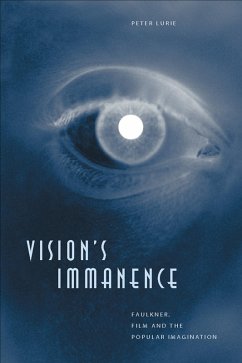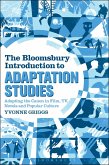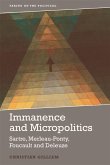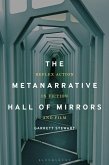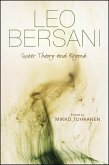William Faulkner occupied a unique position as a modern writer. Although famous for his modernist novels and their notorious difficulty, he also wrote extensively for the "e;culture industry,"e; and the works he produced for it-including short stories, adaptations, and screenplays-bore many of the hallmarks of consumer art. His experiences as a Hollywood screenwriter influenced him in a number of ways, many of them negative, while the films turned out by the "e;dream factories"e; in which he labored sporadically inspired both his interest and his contempt. Faulkner also disparaged the popular magazines-though he frequently sold short stories to them.To what extent was Faulkner's deeply ambivalent relationship to-and involvement with-American popular culture reflected in his modernist or "e;art"e; fiction? Peter Lurie finds convincing evidence that Faulkner was keenly aware of commercial culture and adapted its formulae, strategies, and in particular, its visual techniques into the language of his novels of the 1930s. Lurie contends that Faulkner's modernism can be best understood in light of his reaction to the popular culture of his day. Using Theodor Adorno's theory about modern cultural production as a framework, Lurie's close readings of Sanctuary, Light in August, Absalom! Absalom!, and If I Forget Thee, Jerusalem uncover the cultural history that surrounded and influenced the development of Faulkner's art. Lurie is particularly interested in the influence of cinema on Faulkner's fiction and especially the visual strategies he both deployed and critiqued. These include the suggestion of cinematic viewing on the part of readers and of characters in each of the novels; the collective and individual acts of voyeurism in Sanctuary and Light in August; the exposing in Absalom! Absalom! and Light in Augustof stereotypical and cinematic patterns of thought about history and race; and the evocation of popular forms like melodrama and the movie screen in If I Forget Thee, Jerusalem. Offering innovative readings of these canonical works, this study sheds new light on Faulkner's uniquely American modernism.
Dieser Download kann aus rechtlichen Gründen nur mit Rechnungsadresse in A, B, BG, CY, CZ, D, DK, EW, E, FIN, F, GR, HR, H, IRL, I, LT, L, LR, M, NL, PL, P, R, S, SLO, SK ausgeliefert werden.

